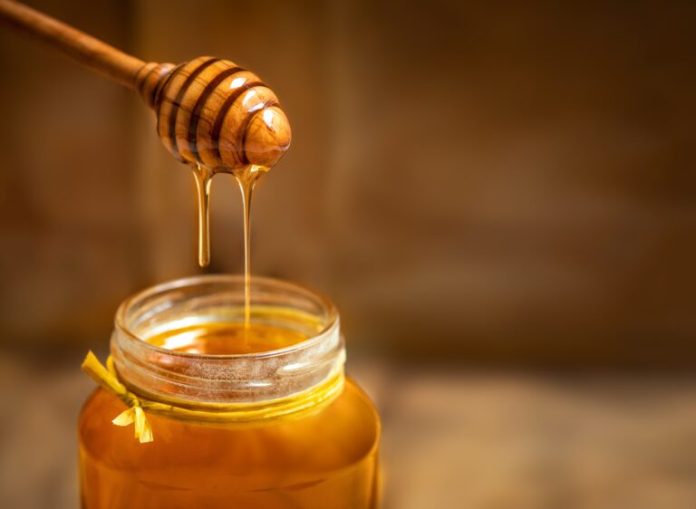Honey is the best cure for antibiotic resistant bacteria according to a presentation made by Dr. Susan M. Meschwitz with Salve Regina University in Newport, Rhode Island, session of the National Meeting of the American Chemical Society (ACS) in Dallas, Texas.
The advantages of honey are ready availability in most areas of the world, a host of bacterial fighting chemicals, and a chemical process that prevents the development of new strains of antibiotic resistant bacteria.
Meschwitz outlined the advantages of honey as an antibiotic resistant bacteria fighter based on her research and the research of scientists across the world.
The combination of hydrogen peroxide, acidity, osmotic effect, high sugar concentration polyphenols, and flavonoids in honey attack disease producing bacteria in ways that antibiotics are not designed to do.
The osmotic effect of high sugar concentration in honey draws water out of bacterial cells and kills them.
Honey inhibits the formation of groups of bacteria into biofilms. This action prevents a protective behavior in disease producing bacteria. Honey weakens bacterial virulence and makes bacteria more susceptible to antibiotics.
The greatest advantage of honey as a disease fighter is that honey does not target the essential growth processes of bacteria. This activity prevents the development of resistance in bacteria.
One might note that the supply of honey is endangered by colony collapse disorder for which there is no known cure.















